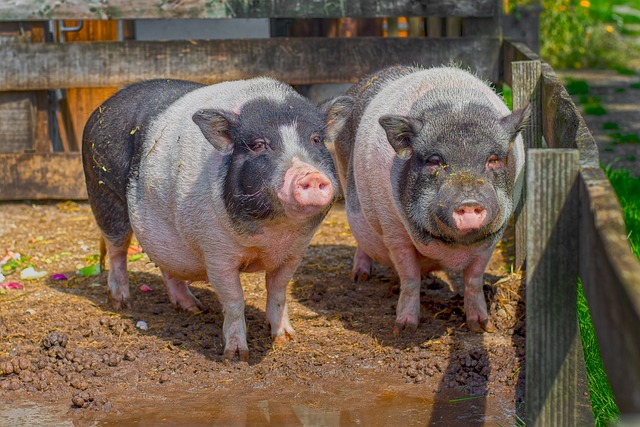
The Personal Responsibility and Work Opportunity Act
The Personal Responsibility and Work Opportunity Reconciliation Act (PRWORA) of 1996 marked a significant shift in the landscape of welfare in the United States. Aimed at restructuring welfare programs, this act was designed to encourage work and personal responsibility among recipients. But what does that really mean, and how has it impacted various communities? Let’s break it down.
What is PRWORA?
PRWORA was introduced after two welfare reform bills were vetoed by President Clinton. The act fundamentally changed the way welfare was administered, moving from an entitlement-based system to one that emphasized work requirements and time-limited benefits. This meant that individuals receiving welfare were expected to find work within a certain timeframe, and benefits would no longer be indefinite.
Key Provisions of the Act
- Work Requirements: Recipients were required to engage in work-related activities to continue receiving benefits.
- Time Limits: The act imposed a five-year lifetime limit on welfare assistance for most recipients.
- State Flexibility: States were given more control over how to implement welfare programs, leading to variations across the country.
- Restrictions on Benefits: Individuals convicted of felony drug offenses were banned from receiving welfare benefits and food stamps.
Impact on Society
While the intentions behind PRWORA were to promote self-sufficiency and reduce dependency on government assistance, the act has faced significant criticism. One major concern is its impact on vulnerable populations, particularly those with felony convictions. A study published in the American Economic Review highlighted how the ban on benefits for individuals with felony drug offenses disproportionately affected marginalized communities, limiting their ability to reintegrate into society.
Economic Implications
PRWORA's emphasis on work has led to discussions about economic growth and labor market participation. However, it has also been argued that the act inadvertently reinforces existing inequalities, particularly for women. Research suggests that women often find themselves in lower-paying jobs, which can hinder overall economic advancement. This phenomenon is sometimes attributed to systemic issues like masculinism, which favors men in the labor market.
Human Rights Concerns
The act has been criticized for violating universal human rights by limiting access to basic necessities for certain groups. Critics argue that welfare should be a safety net for all individuals, regardless of their past. The ongoing debate surrounding PRWORA reflects broader societal discussions about the balance between personal responsibility and social support.
Conclusion
In summary, the Personal Responsibility and Work Opportunity Reconciliation Act has had profound effects on welfare policy in the United States. While it aimed to promote work and self-sufficiency, the implications of its provisions raise important questions about equity, human rights, and the role of government in supporting its citizens. As society continues to evolve, so too will the conversations surrounding welfare reform and its impacts.





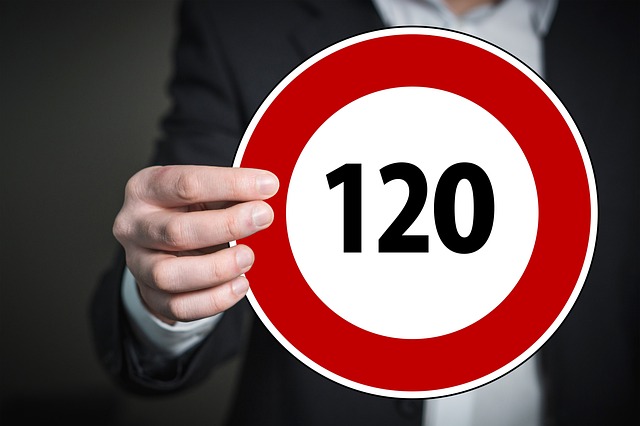
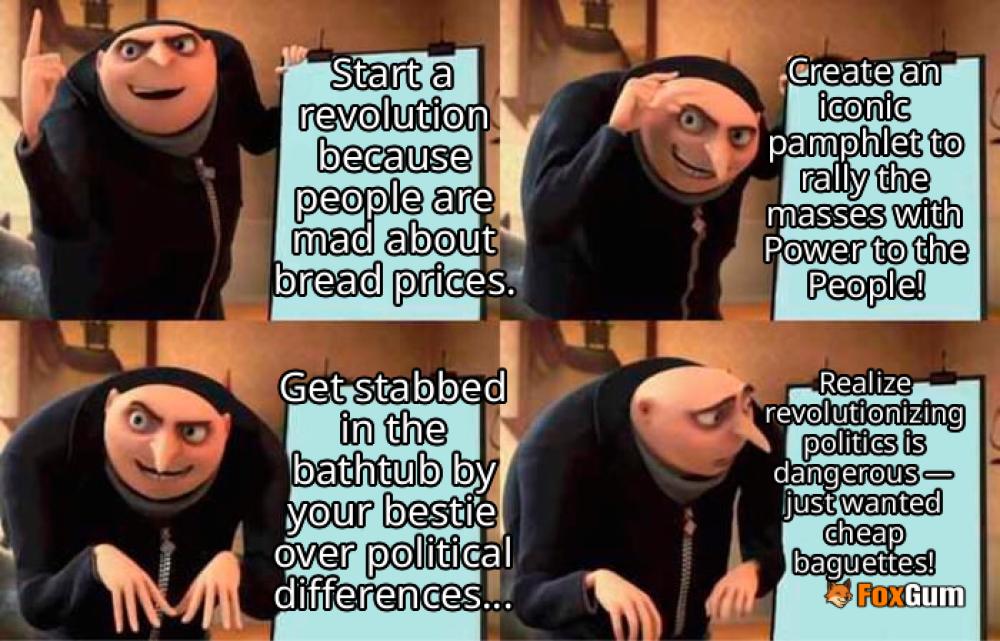


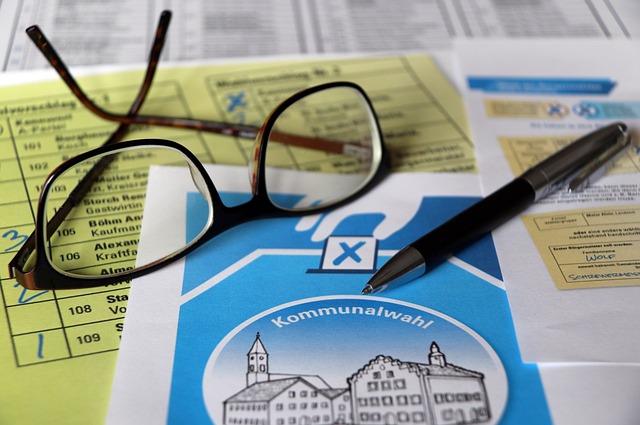
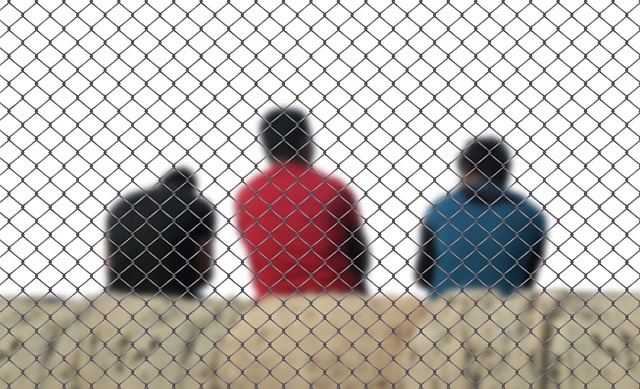









 ભારતીય સુપ્રીમ કોર્ટ અને તેના જજમેન્ટ
ભારતીય સુપ્રીમ કોર્ટ અને તેના જજમેન્ટ 
 Health
Health  Fitness
Fitness  Lifestyle
Lifestyle  Tech
Tech  Travel
Travel  Food
Food  Education
Education  Parenting
Parenting  Career & Work
Career & Work  Hobbies
Hobbies  Wellness
Wellness  Beauty
Beauty  Cars
Cars  Art
Art  Science
Science  Culture
Culture  Books
Books  Music
Music  Movies
Movies  Gaming
Gaming  Sports
Sports  Nature
Nature  Home & Garden
Home & Garden  Business & Finance
Business & Finance  Relationships
Relationships  Pets
Pets  Shopping
Shopping  Mindset & Inspiration
Mindset & Inspiration  Environment
Environment  Gadgets
Gadgets  Politics
Politics 